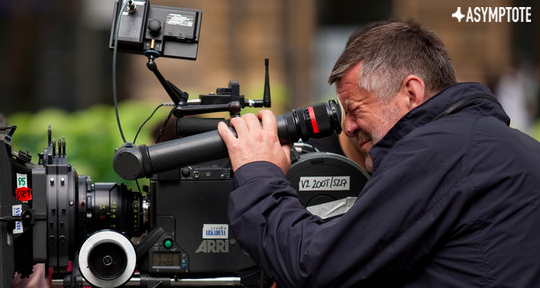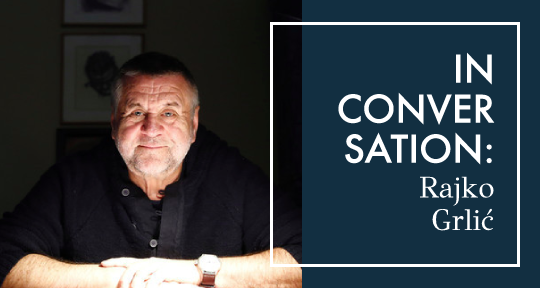This month has seen the publication of new essays in Mexico highlighting the importance of editors, literary festivals in the Armenian capital, and the screening of restored screen adaptations of Czech literary classics. Read on to find out more!
Alan Mendoza Sosa, Editor-at-Large, reporting from Mexico
The literary community has not been discouraged by the global pandemic. February is already blooming with a host of literary events and new publications, some of which—announced early to build excitement—will reach readers later in the year.
On February 4 and 5, the fourth edition of the Kerouac International Festival took place. The event featured poetry readings and performances, showcasing work that disturbs traditional boundaries between visual art, music, and literary creation. The festival takes place every year in Vigo, New York, and Mexico City. This year, the lineup included several nationally and internationally recognized poets. Among them was Hubert Matiúwàa, who has been translated by Paul M. Worley for Asymptote. Poet Rocío Cerón also participated in the festival, presenting performances that blurred the lines between digital art and poetry. Shortly after the Kerouac Festival, she also kicked off a solo video art and poetry exhibition called Potenciales Evocados (Evoked Potentials), hosted in the convent where Early Modern poet Sor Juana Inés de la Cruz lived.
Four hours north of Mexico City, in the state of Querétaro, another event of international importance took place: the publication of Editar Guerra y paz (Editing War and Peace) by the independent publishing house Gris Tormenta. Written by Argentine editor Mario Muchnik, the book is part of Gris Tormenta’s Editors Collection, a series that highlights the work behind designing, planning, and putting out a book.
Finally, February also brought thrilling news to writers. Translated by seasoned Asymptote contributor Christina MacSweeney, Daniel Saldaña Paris‘s novel Ramifications was featured in the longlist of the Dublin Literary Award. Similarly, poet, translator, Asymptote contributor, and champion of contemporary literature in Spanish Robin Myers had her poem “Diego de Montomayor” selected for the compilation The Best American Poetry 2022.



